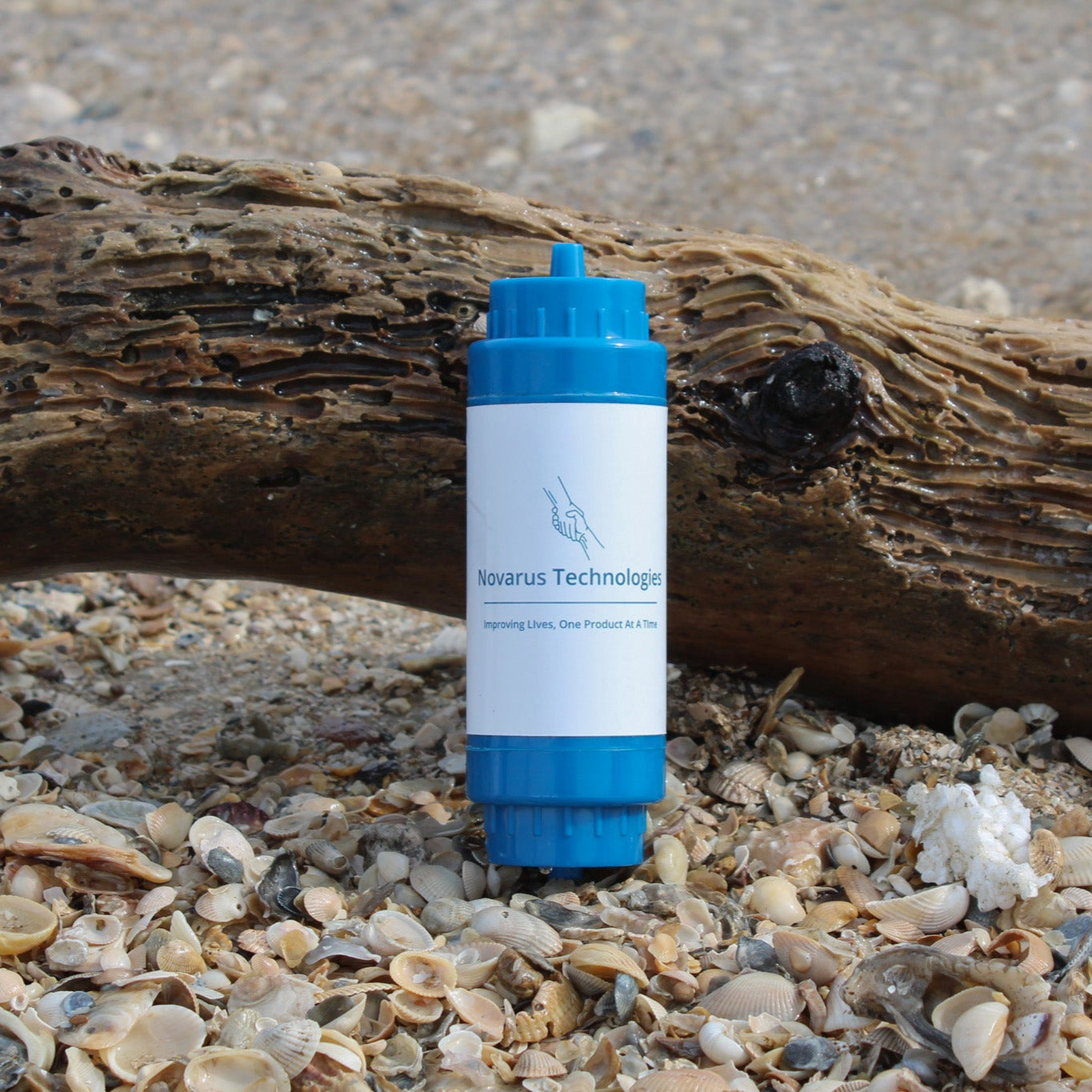Plastic pollution is one of the most pervasive threats to the ocean, with millions of tons of plastic waste entering marine environments every year. From plastic bottles and bags to microplastics, this debris poses a grave danger to marine life, seabirds, and marine mammals. Animals can become entangled in plastic debris or mistake it for food, leading to ingestion, suffocation, and death. The widespread presence of plastic pollution in the ocean highlights the urgent need for concerted action to reduce, reuse, and recycle plastic waste.
The effects of plastic pollution on marine ecosystems are far-reaching, with plastic debris contaminating food chains, leaching harmful chemicals into the water, and degrading habitats such as coral reefs and seagrass beds. Microplastics, tiny particles of plastic less than 5mm in size, are of particular concern as they can be ingested by a wide range of marine organisms, posing a threat to their health and survival. Addressing the issue of plastic pollution requires a multi-faceted approach that involves individuals, communities, businesses, and governments working together to reduce plastic consumption and improve waste management practices.
Steps Individuals Can Take to Contribute to Ocean Conservation
While the challenges facing the ocean may seem daunting, every individual has the power to make a positive impact through simple everyday actions. By reducing single-use plastics, supporting sustainable seafood choices, participating in beach clean-ups, and advocating for policies that protect the ocean, each of us can play a part in preserving marine ecosystems. Educating oneself about the importance of ocean conservation, spreading awareness, and supporting organizations working towards this goal are all meaningful ways to contribute to the collective effort to protect our blue planet.
Beyond individual actions, collective efforts and collaborations are essential for driving systemic change and creating a more sustainable future for the ocean. By joining forces with like-minded individuals, volunteering for conservation projects, and engaging with local communities, we can amplify our impact and effect positive change on a larger scale. Whether it's participating in citizen science initiatives, supporting marine protected areas, or demanding stronger environmental regulations, there are numerous avenues through which individuals can contribute to ocean conservation and make a difference in safeguarding the health of our seas.
Government Policies and Regulations Supporting Ocean Conservation
In addition to individual and community efforts, government policies and regulations play a crucial role in advancing ocean conservation goals and ensuring the sustainable management of marine resources. By enacting laws that restrict overfishing, protect marine habitats, and reduce pollution, governments can help create a framework for sustainable ocean governance. International agreements such as the United Nations Convention on the Law of the Sea and the Paris Agreement provide a basis for cooperation among nations to address transboundary issues and promote ocean conservation on a global scale.
National governments can also implement measures to combat plastic pollution, promote sustainable fisheries, and establish marine protected areas that safeguard critical habitats and species. By investing in research, monitoring, and enforcement mechanisms, governments can ensure the effective implementation of conservation measures and hold industries accountable for their environmental impact. Public participation and stakeholder engagement are essential components of effective ocean governance, ensuring that policies are informed by scientific evidence, public input, and the needs of local communities.
Conclusion: Taking Action for a Sustainable Future
In conclusion, the urgency of ocean conservation cannot be overstated, as the health of our oceans is intricately linked to the well-being of our planet and all its inhabitants. By recognizing the importance of marine ecosystems, understanding the threats they face, and taking concrete actions to protect and preserve them, we can collectively work towards a sustainable future for our blue planet. From reducing plastic pollution and supporting sustainable fishing practices to advocating for stronger government policies and regulations, there are numerous ways in which individuals can contribute to the conservation of our oceans.
As stewards of the ocean, it is our responsibility to act with care, compassion, and foresight in safeguarding this precious resource for future generations. By coming together as a global community, raising our voices in support of ocean conservation, and advocating for policies that prioritize the health of marine ecosystems, we can make a tangible difference in protecting our blue planet. The time to act is now, and the power to effect change lies in each of our hands. Let us rise to the challenge, seize the opportunity, and embark on a journey towards a sustainable future where the ocean thrives, and all life flourishes. Together, we can protect our blue planet and ensure a legacy of conservation, stewardship, and harmony with the natural world.


